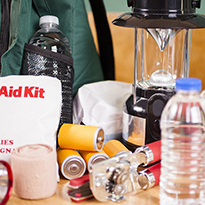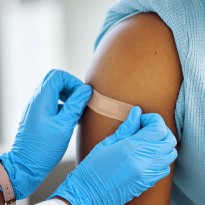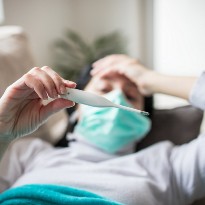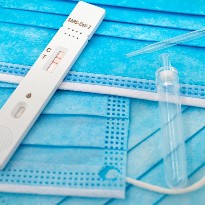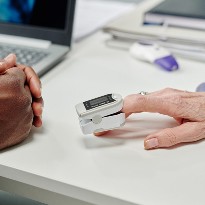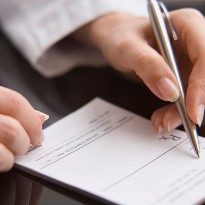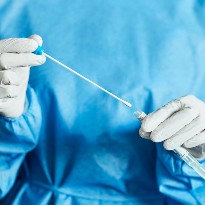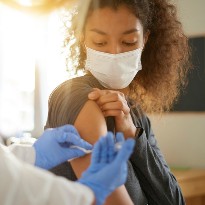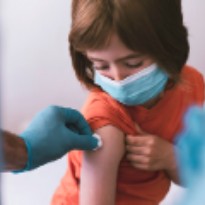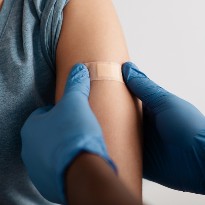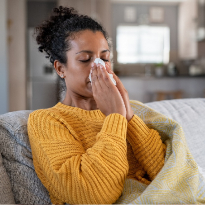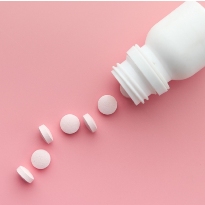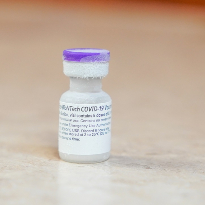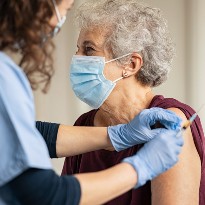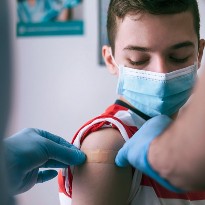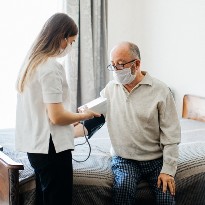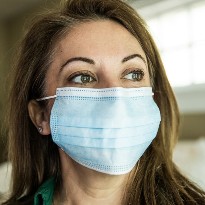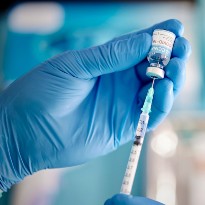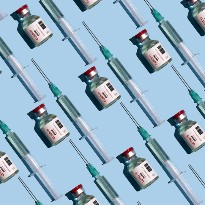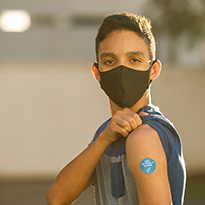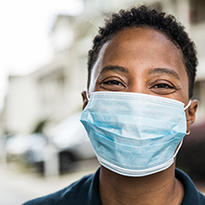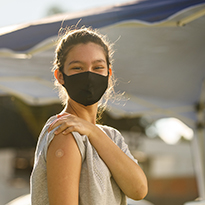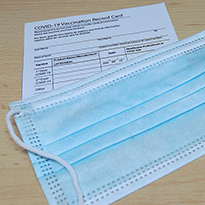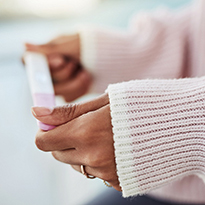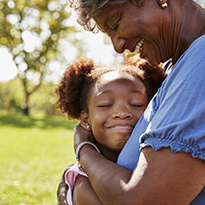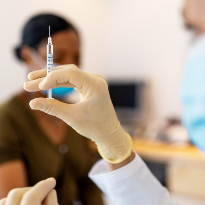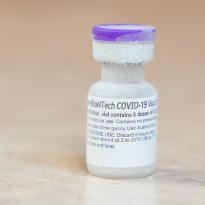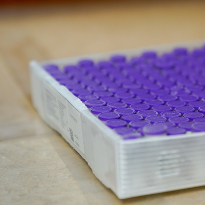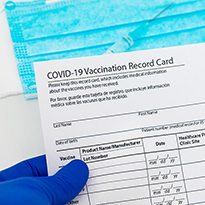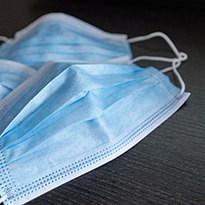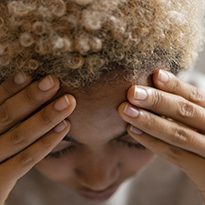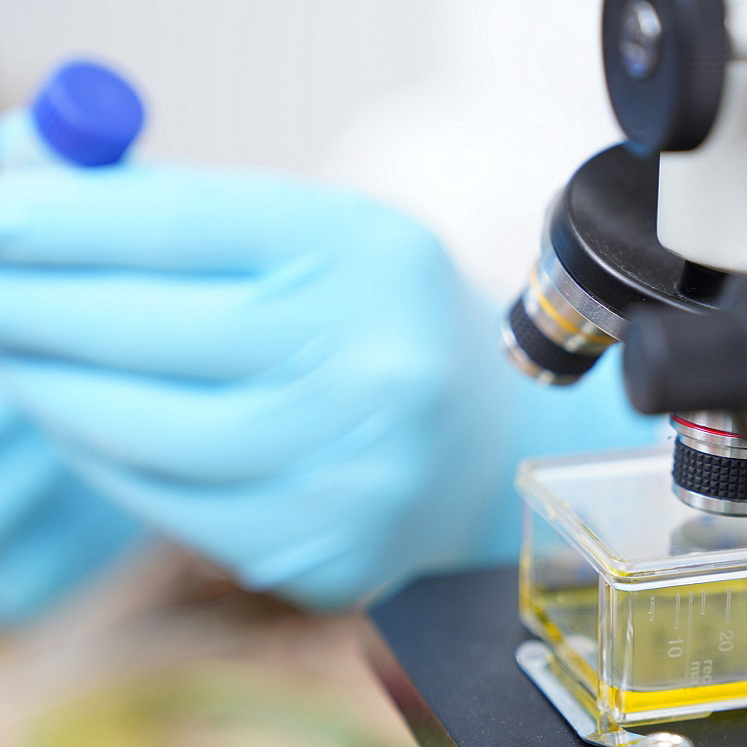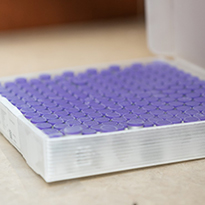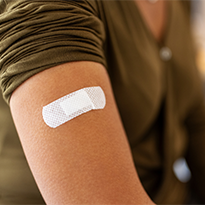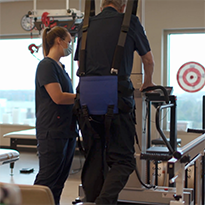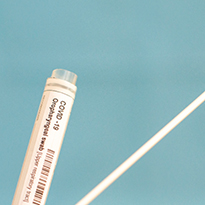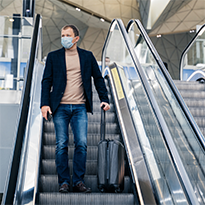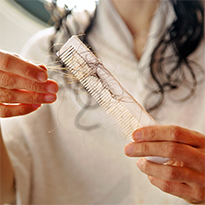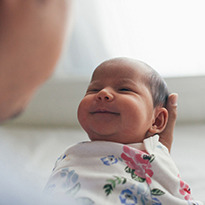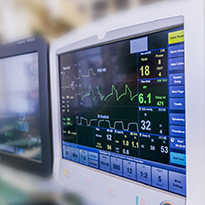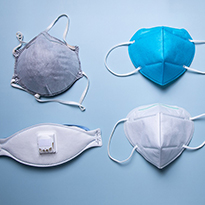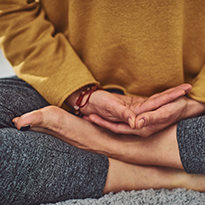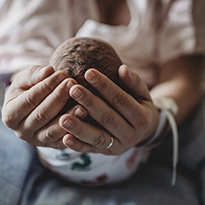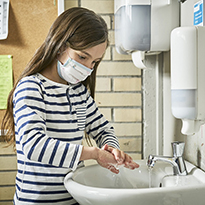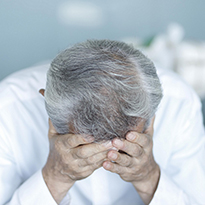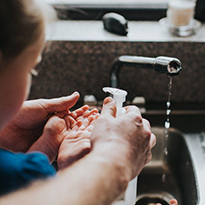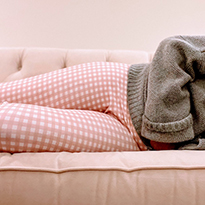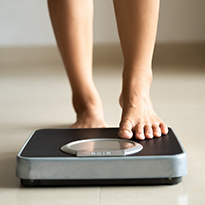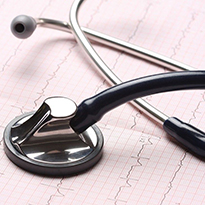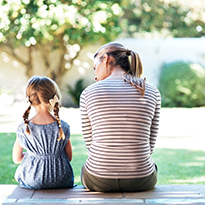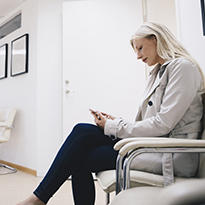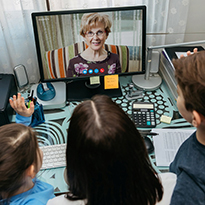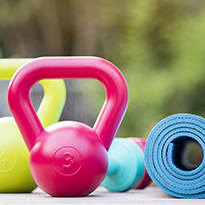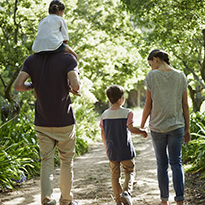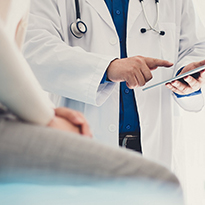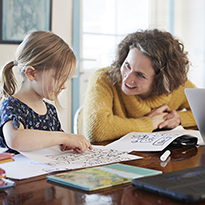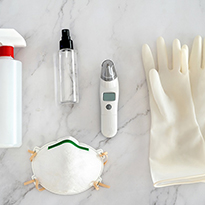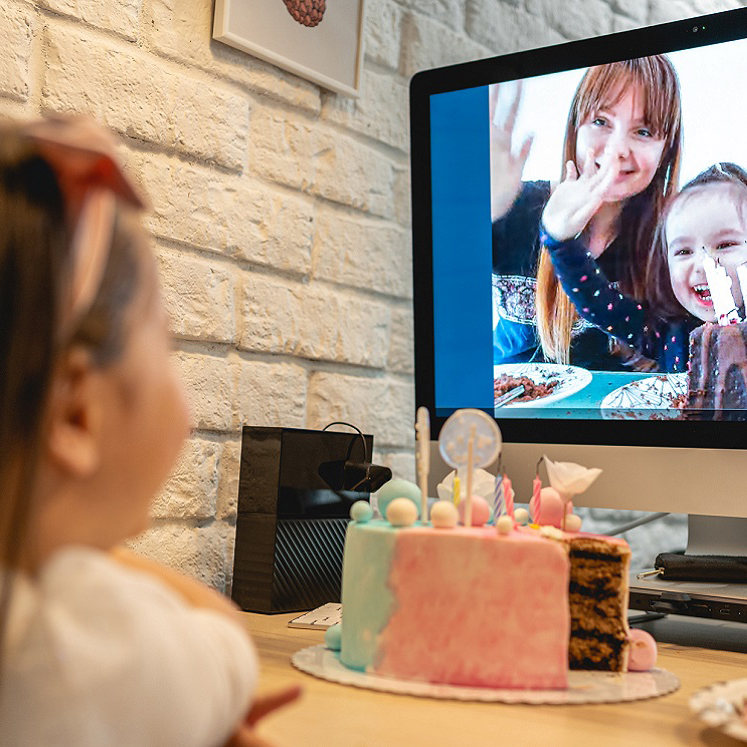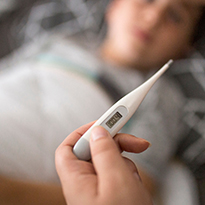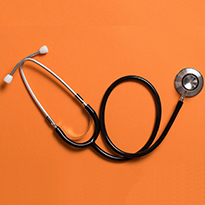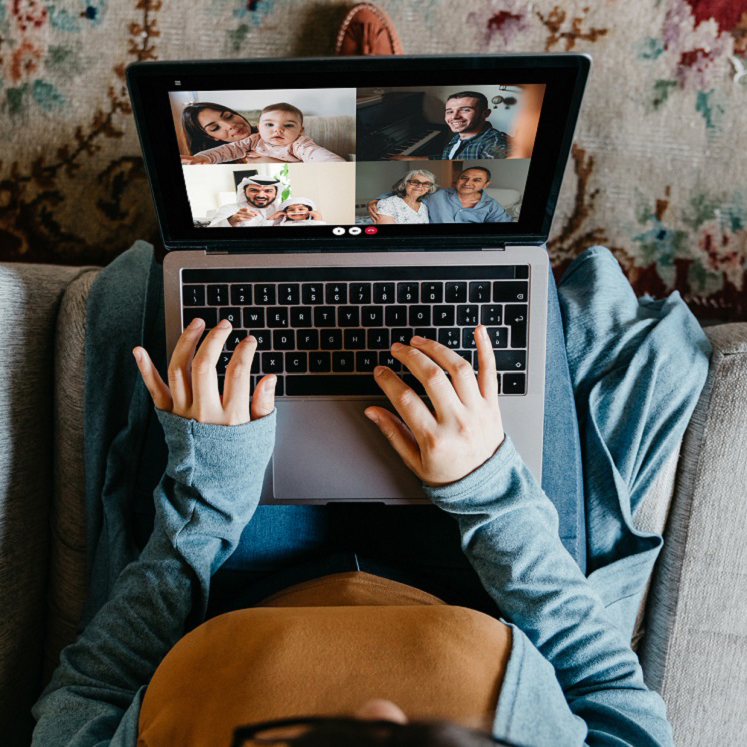What Do I Do Next?
The Centers for Disease Control and Prevention (CDC) has a full library of resources available here.
If you are sick, you can find details on what to do and how to stay safe and protect your family here.
According to the CDC, it’s important to isolate yourself in order to protect others.
- Stay home except to get medical care.
- Separate yourself from others by staying in a specific “sick room” or area and using a separate bathroom (if available).
- Monitor your symptoms.
- Wear a mask over your nose and mouth.
- Cover your cough and sneezes.
- Wash your hands often.
- Avoid sharing personal household items.
- Clean all “high-tough” surfaces everyday.
How Can I Care for Myself at Home?
Most people with COVID-19 are able to recover on their own. Over-the-counter medications such as fever-reducers, cough suppressants and saline nose spray may help alleviate discomfort.
You can monitor your symptoms with this tracker.
Should Others in My Home Get Tested?
If unvaccinated, others in your home should quarantine and monitor symptoms. If symptoms like fever, coughing or shortness of breath occur, the individual should be tested.
If your child (under the age of 18) needs to be tested, you must first obtain a provider referral via a virtual pediatric visit. Once that is received, he or she can be tested at any Memorial Hermann Urgent Care. Children ages 6 months and younger can only be tested at Memorial Hermann Urgent Care West University.
Per the CDC, if you're vaccinated and you’ve had close contact with someone who has COVID-19, you should get tested 3-5 days after your exposure, even if you don’t have symptoms. You should also wear a mask indoors in public for 14 days following exposure or until your test result is negative. You should isolate for 10 days if your test result is positive.
When Should I Seek Medical Attention?
Learn what the CDC says about when to seek medical attention here.
You should seek emergency care if you show signs of respiratory or cardiac distress. These include:
- Trouble breathing
- Persistent pain or pressure in the chest
- New confusion
- Inability to wake or stay awake
- Bluish lips or face
*This list is not all possible symptoms.
Please call your medical provider for any other symptoms that are severe or concerning to you. To find a physician, call (713) 222-CARE (2273) or click to schedule online.
Call 911 or call ahead to your local emergency facility:
Notify the operator that you are seeking care for someone who has or may have COVID-19.
When Is It Safe to See Others Again?
The CDC has recommendations on when you can begin to see others. Learn more here.
What if I Have Additional Questions?
We’re here to help. Our Nurse Health Line is free and open 24/7 at 1 (855) 577-7979
The CDC has additional resources on how to protect yourself and others here.
